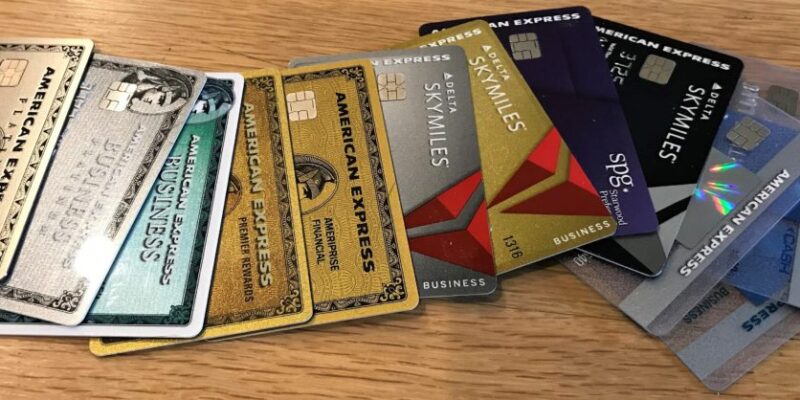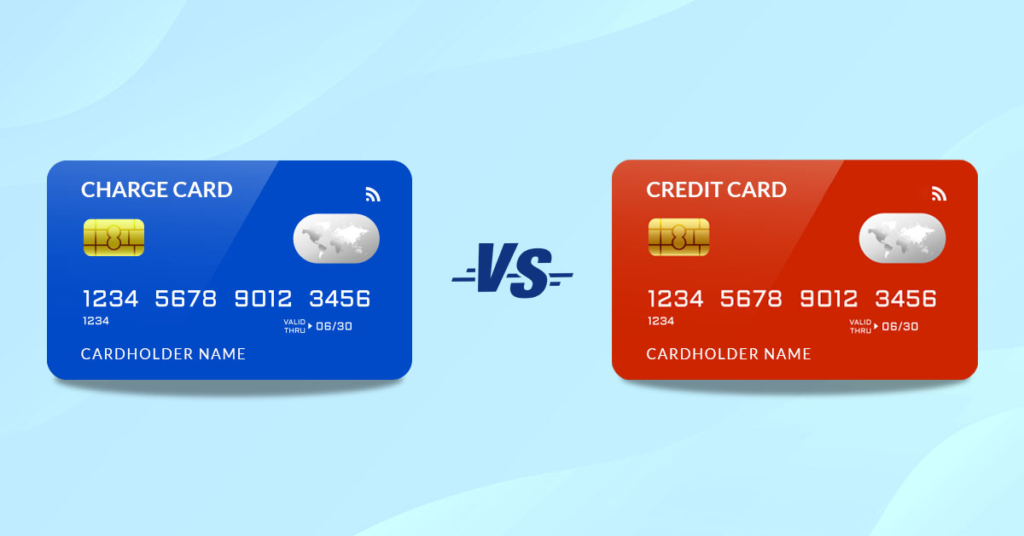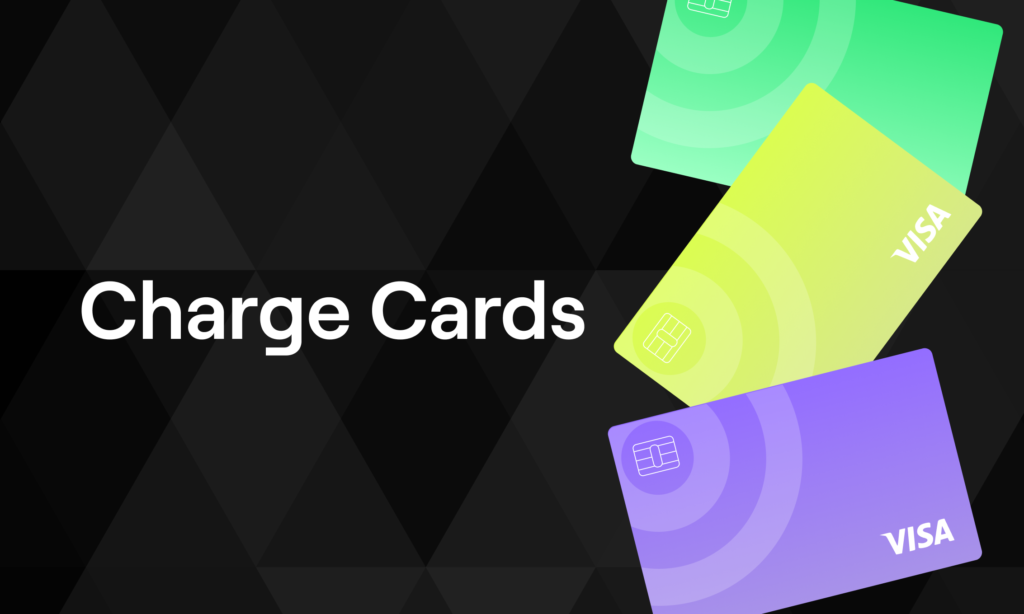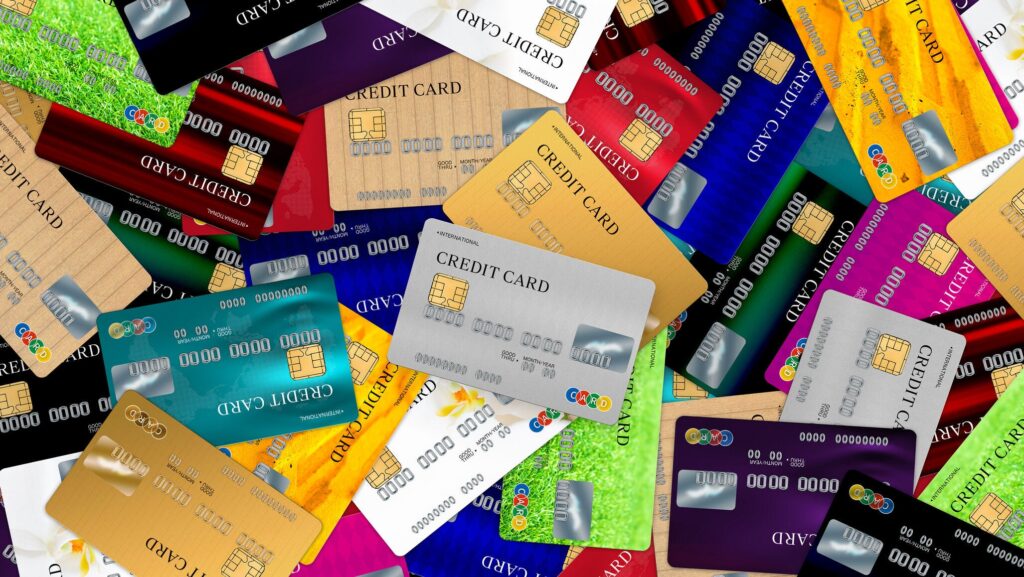
People often use credit and charge cards the same way, but they are not the same in crucial ways that can affect your financial choices. Understanding these changes is important if you want to manage your money well. In this complete guide, we’ll look at all the ways that charge cards and credit cards are different. So stick around for the entire post to discover what is the difference between a charge card and a credit card.
What Is a Charge Card?
A charge card works like a credit card, but there are some important changes. Like a credit card, it lets you take money from the bank that gave it to you and use it to buy things. Charge cards, on the other hand, are different in some ways.
What Is a Credit Card?
Credit cards are more flexible than charge cards and are used by many people to manage their money. They give you a line of credit that you can use over and over, so you can buy things and keep a balance if you need to.

What Is the Difference Between a Charge Card and a Credit Card?
After talking about the different aspects of charge cards and credit cards, let’s sum up the main differences between them.
- Spending Limit
Charge cards don’t have a set cap on how much you can spend, so you have more options for what you can buy. With credit cards, on the other hand, you can only spend a certain amount before you run out of credit.
- Payment Options
With a charge card, you have to pay off the whole amount every month. With a credit card, you can carry a balance over from one billing cycle to the next. If you don’t pay off your charge card amount in full every month, you might have to pay late fees and have your account closed. Credit cards have a minimum payment due every month, but if you only pay that, you may have to pay interest on the rest of the debt.
- Card Selection
Credit cards offer a wide range of options from various issuers, providing different rewards, benefits, and features. In contrast, charge cards are less common and are primarily offered by American Express and a few other select issuers.
- Fees
There may be fees that come with both charge cards and credit cards. There are different kinds of fees that credit cards and charge cards can have. Credit cards can have fees for things like late payments, returned payments, cash advances, and more. When choosing the right card for your wants and budget, these fees should be taken into account.
What are the Pros and Cons of Charge Cards?
Charge cards have their own set of advantages and disadvantages. Let’s take a closer look at the pros and cons of using a charge card.
Pros
- Greater spending power: Charge cards provide more flexibility in terms of spending limits, allowing you to make larger purchases than a credit card might permit.
- Credit utilization impact: Since charge cards do not have a specific credit limit, your credit utilization ratio is not affected. This can be beneficial if you frequently utilize a large portion of your available credit on credit cards.
- No interest charges: The requirement to pay off the balance in full each month means you do not accrue interest charges on your purchases.
Cons
- Full payment required: Charge cards mandate the payment of the full balance each month, which can be challenging for those who prefer to carry a balance over time.
- Limited options: There are fewer charge card options available compared to credit cards, limiting your choices when it comes to rewards, benefits, and features.
- Annual fees: Charge cards often come with annual fees, which can be substantial. These fees offset the costs of providing benefits and rewards to cardholders.

What are the Pros and Cons of Credit Cards?
Credit cards also offer their own advantages and disadvantages. Let’s explore the pros and cons of using a credit card.
Pros
- Carry a balance: Credit cards allow you to carry a balance from one billing cycle to the next, providing flexibility in managing your payments.
- Wide selection: There is a wide array of credit cards available, offering various rewards, benefits, and features to suit different financial goals and lifestyles.
- Build credit history: Responsible use of a credit card can help establish and improve your credit history, leading to better credit opportunities in the future.
Cons
- Interest charges: Carrying a balance on a credit card can result in high interest charges, which can offset any rewards or benefits earned through spending.
- Temptation to overspend: The ability to carry a balance may tempt some individuals to overspend and accumulate debt.
- Potential for fees: Credit cards may come with various fees, including annual fees, late payment fees, cash advance fees, and foreign transaction fees. It is important to consider these fees when choosing a credit card.

How to Pick Between a Credit Card and a Charge Card
The decision between a charge card and a credit card ultimately depends on your financial goals, spending habits, and preferences. Consider the following factors when making your decision:
- Payment habits: Are you comfortable paying off the balance in full each month, or do you prefer the option to carry a balance over time?
- Spending needs: Do you anticipate making large purchases that may exceed the credit limit of a traditional credit card?
- Credit score: If you have limited or poor credit, you may find it easier to qualify for a credit card rather than a charge card.
- Rewards and benefits: Consider the rewards, perks, and benefits offered by both charge cards and credit cards to determine which aligns with your preferences and lifestyle.
Before choosing a credit card, it’s a good idea to learn about them and compare them, taking into account their fees, benefits programs, interest rates, and other features. Finding the right credit card for you will depend on your goals and how much money you have.
Also Read: 6 Best startup business credit cards with no credit in 2023
In Summary
To make smart financial choices, you need to know what is the difference between a charge card and a credit card. Charge cards let you set your own spending limits, but you have to pay them off in full every month. Credit cards, on the other hand, let you keep a balance, but be aware that you might be charged interest. Taking into account how you usually pay, how much you spend, your credit score, and the rewards you want will help you choose the best credit card for your needs.







